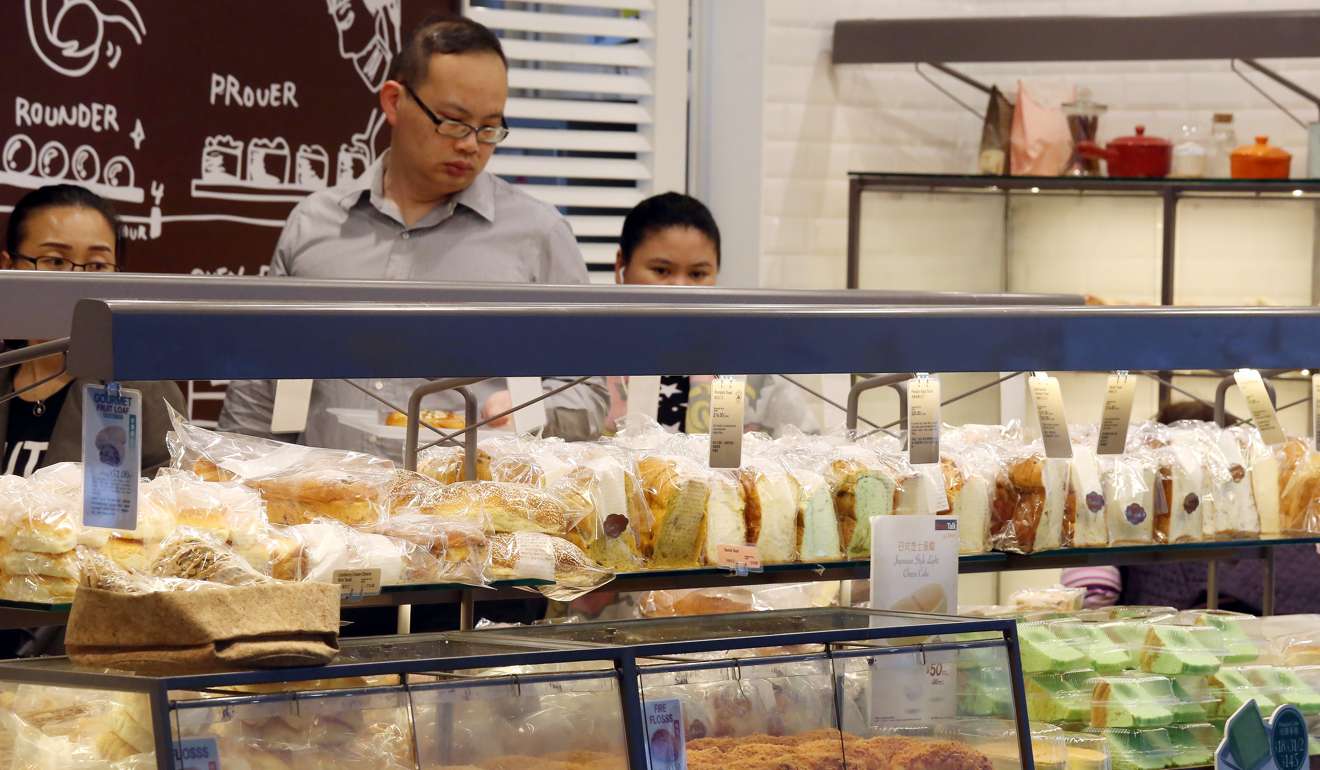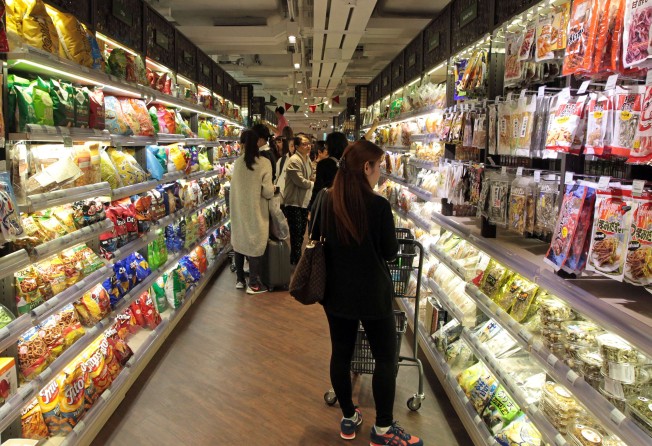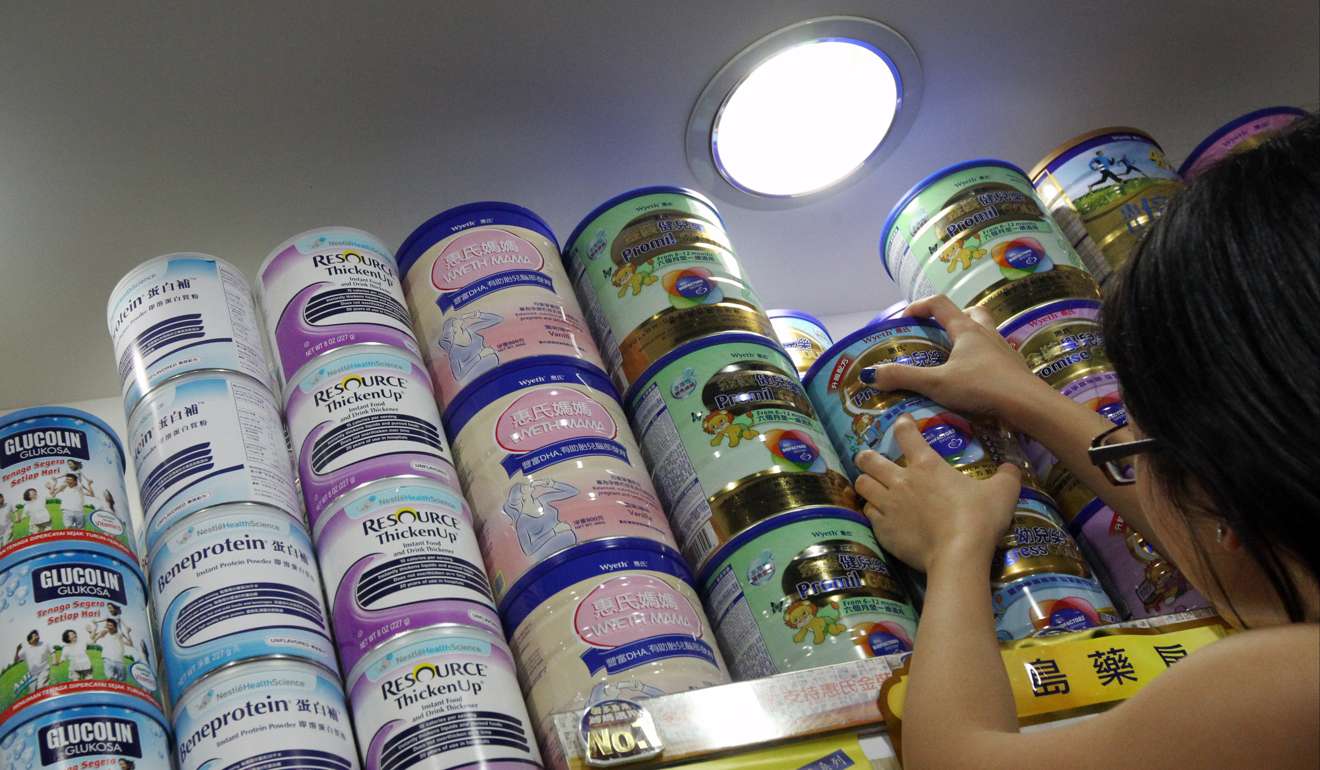
No big increase in grocery prices, Hong Kong’s consumer body says
Consumer Council says cost of items grew only 0.5 per cent, compared with city’s 2.4 per cent inflation rate

Prices for groceries in Hong Kong supermarkets went up by only 0.5 per cent in the past year, a figure much lower than the city’s 2.4 per cent inflation rate, according to an annual survey by the consumer watchdog.
But essential food items such as milk and infant formula were at least 4 per cent more expensive compared with the previous year, while prices for liquid soap and handwash increased by 13 per cent, the Consumer Council found.`
The survey covered 200 grocery items sold at Hong Kong’s three major supermarket chains – ParknShop, Wellcome and CR Vanguard – and placed them into 13 categories.
A year-on-year comparison by the consumer watchdog indicated prices in five categories went up, while the remaining eight dropped.

Personal care products – toothpaste, shampoo, soap and sanitary products – led the price jumps, rising 4.9 per cent overall. But liquid soap and handwash recorded a 13.3 per cent price increase. A litre of Lux Soft Kiss shower gel surged 21.9 per cent to HK$32.90 last year.
Consumer Council chief executive Gilly Wong Fung-han speculated that heightened awareness of hygiene among Hongkongers may have led to higher prices for liquid hand soap.
“It could possibly be that the sense of hygiene is much stronger after many [health] incidents and because of the flu season – a lot of the [educational campaigns] about washing your hands before you eat would have driven up local demand,” she said.
Other products with the biggest price adjustments included baby formula, which was 4.6 per cent pricier.
Professor Wong Kam-fai of the council’s research and testing committee suggested mainland consumer habits in Hong Kong may have played a part.
“If you look at the past year or two, more and more mainland consumers looking for daily products rather than high-end products could be one of the reasons [for the price increases],” he said.
Staple foods, such as rice and cooking oil, recorded the biggest drop, of 2.9 per cent – its second consecutive yearly decrease.

The watchdog also found the prices of items within the same category could deviate greatly, and analysed that trend by breaking them down into 45 product groups.
For example, a 946-millilitre carton of fresh milk from Kowloon Dairy cost HK$26.20 in 2016 compared with HK$24.50 in the previous year, an increase of 6.9 per cent.
But the price of a 200-gram pack of Lurpak unsalted butter fell from HK$39.30 in 2015 to HK$35.20 last year – a 10.4 per cent drop.
Both of the items are grouped under the dairy products and eggs category, prices for which remained flat overall in the past year.
ParknShop said prices of goods sold at its outlets went down by 0.9 per cent over the past year, indicating its “utmost effort to shoulder inflating costs”.
Wellcome, meanwhile, did not provide its own figures, but said it had been improving its merchandising and supply chain efficiency to stabilise prices.